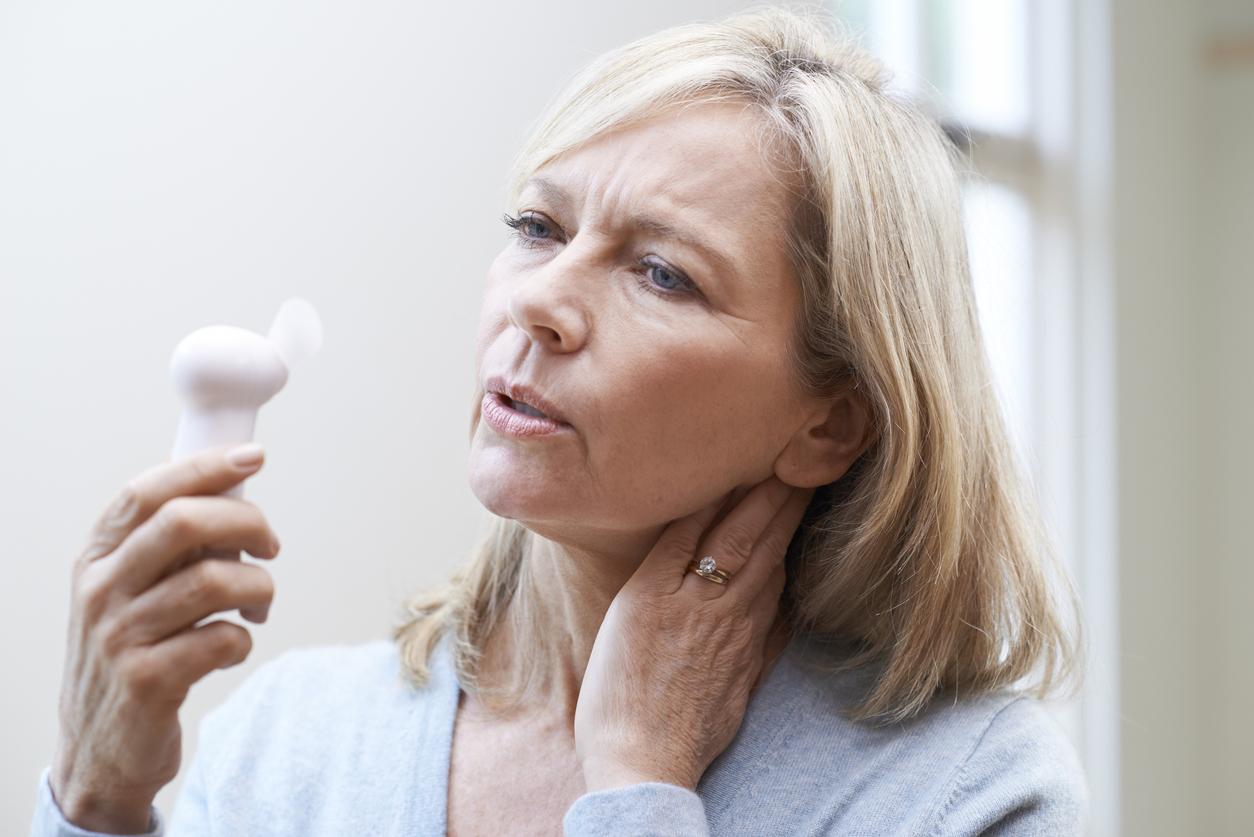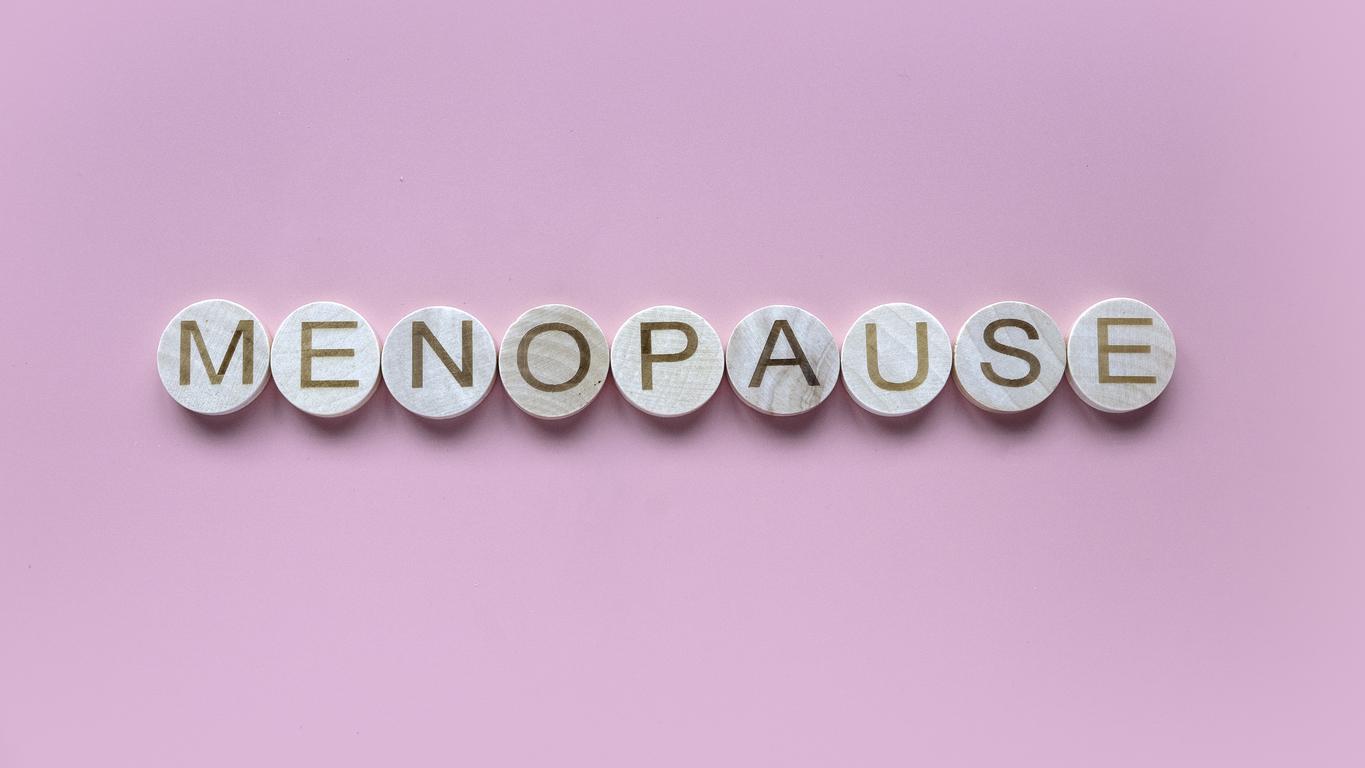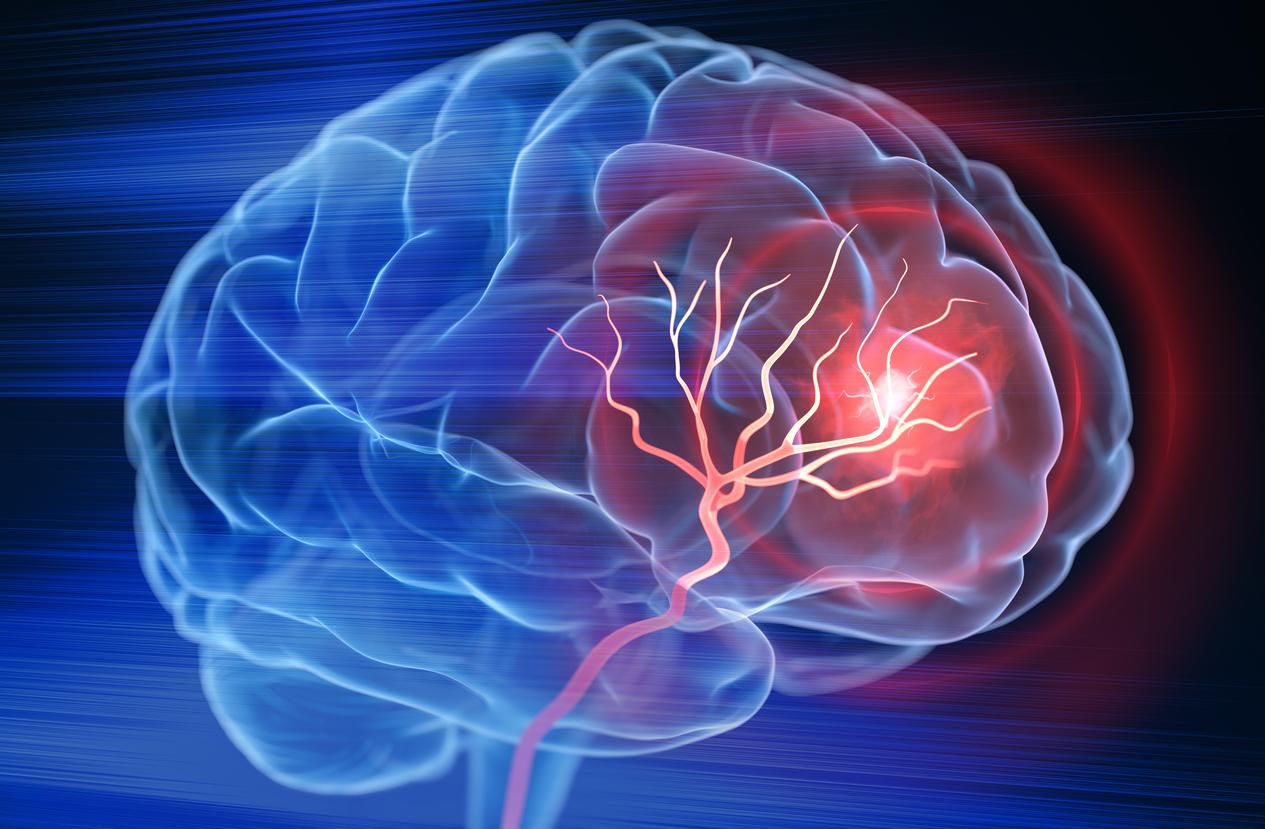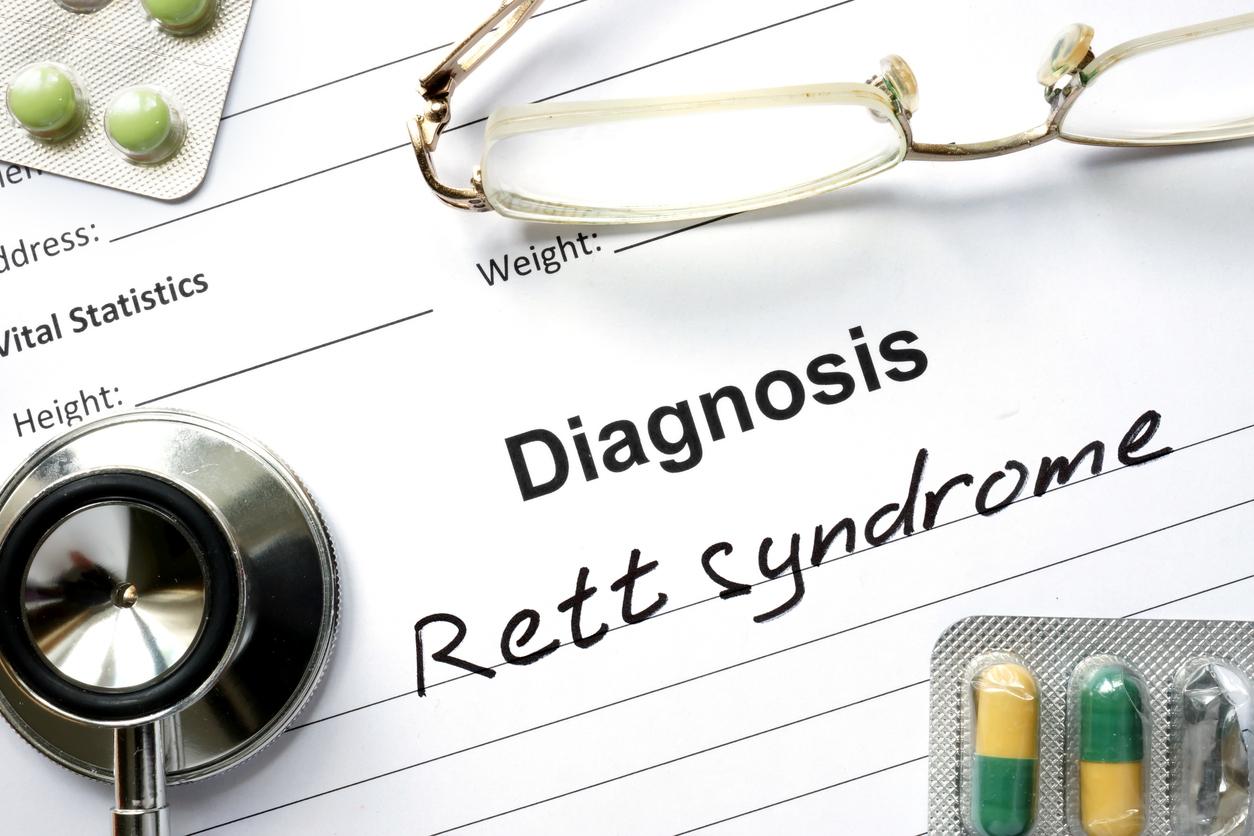From the age of 45, women are subject to an upheaval in the hormonal balance. The menopause and its share of modifications affect the functioning of the body, and in particular intimate health. One in two postmenopausal women suffer from vulvovaginal disorders, according to a study conducted by gynecologists and obstetricians from the faculties of medicine of Geisel and Yale (United States). Their work has been published in the scientific journal Menopause.
Frequently mentioned vaginal dryness
To carry out this study, the researchers asked 358 postmenopausal women to fill out a questionnaire on the discomforts they usually encountered in their vagina or vulva. Seven symptoms were targeted: itching, burning, pain, irritations, drought, losses and smells. Result: 51% of the women presented at least one symptom of vulvovaginal dysfunction, and the most frequently mentioned was that of vaginal dryness (35.8%). 10% of women said they experienced five of the seven symptoms reported by doctors. And the consequences of these symptoms can be dangerous for the health of the pelvic floor: genital prolapse (organ descent), urinary incontinence and anal or even dysuria (difficulty urinating) should be monitored.
Impacts on daily life
Scientists have also sought to relate these symptoms to the inconvenience they can cause on women’s emotional, sexual and daily lives. Among women with at least one of the vulvovaginal symptoms, 40% reported being emotionally affected and almost a third complained about a negative impact on their lifestyle. The consequences seem even more serious with regard to intimate life: sexually active postmenopausal women were 75% to mention repercussions on their sex life.
>> To read also:
Menopause: when vaginal disorders lead to incontinence and depression
Sex: the secret to a top libido during menopause
Menopause: at what age does it start?
Personal hygiene: all the questions we don’t dare ask



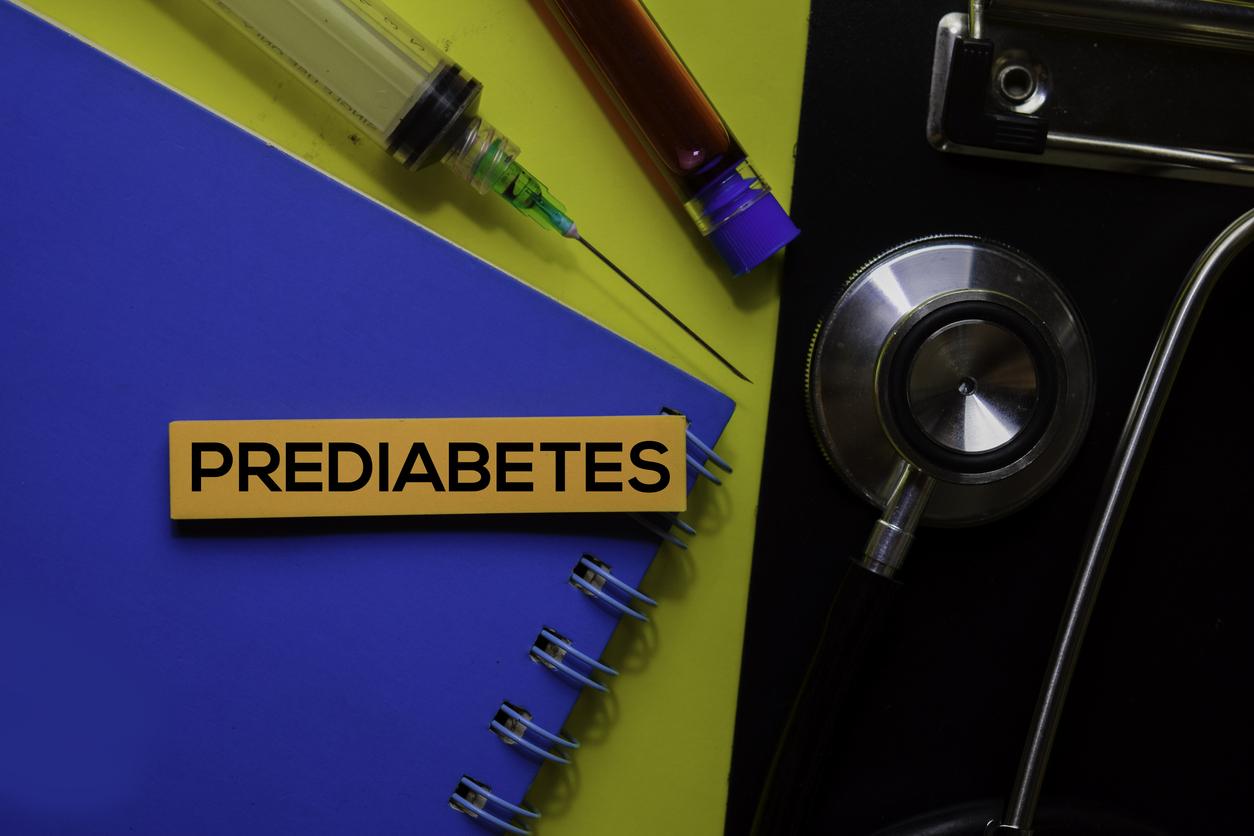
-1730888646.jpg)





